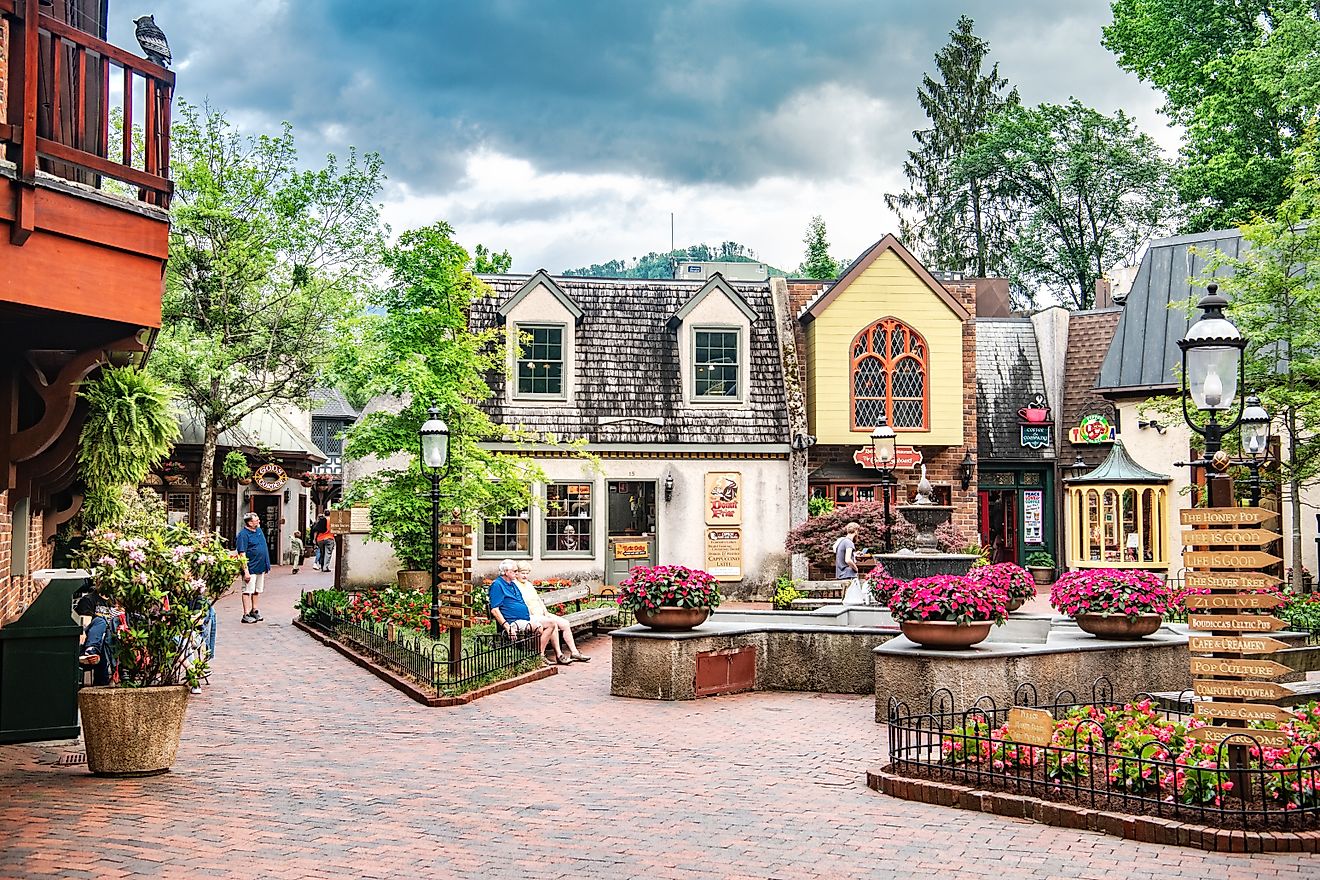
Jamestown, Virginia
Jamestown, one of the country's oldest cities, is situated in the eastern part of the US State of Virginia. In 1607, Jamestown was established and named after King James I of England. For a brief period, Jamestown also served as the capital of the Colony of Virginia from 1616 to 1699. The settlement was abandoned in 1699. At present, Jamestown is considered an archaeological site.
Geography And Climate Of Jamestown

Jamestown is situated in Virginia's James City County. About 4 kilometers southwest of the heart of modern-day Williamsburg, Jamestown is located on the northeastern shores of the James (Powhatan) River. The Jamestown site is bordered on three sides by the James River, Back River, and Sandy Bay. Along with Williamsburg and Yorktown, Jamestown is one of three locations that make up the Historic Triangle of Colonial Virginia, which has two major heritage sites. The Jamestown Settlement, a nearby living history museum, has replicas of a fort from the 1610s and a Powhatan Indian hamlet.
According to the Köppen climate classification, Jamestown experiences a humid subtropical climate that is characterized by warm summers, and very cold, snowy, and windy winters, with fog and rainy days almost all year long. The average yearly temperature is 15°C, with July and January recording the highest (27°C) and lowest (4°C) average temperatures, respectively. On average, Jamestown gets 527.9 mm of precipitation yearly, with July reporting the highest number (61.1mm).
Brief History Of Jamestown

A charter to create colonies in Virginia was given to the Virginia Company by King James I of England in the April of 1606. The company was a private stock holding firm. The charter identified the Virginia Company of London and the Virginia Company of Plymouth as the company's two branches. In May 1607, about 104 English colonists came to North America to launch the Virginia Company of London's colony at Jamestown. They named the town after their king, James I. It was the country's first permanent English settlement. Jamestown's location was chosen for several factors, all of which satisfied Virginia Company requirements. The location was far inland and surrounded by water on three sides, making it easily defendable from any Spanish attacks. Additionally, the water was deep enough for the English to moor their ships along the coast, and no Native Americans lived on the site.
Attractions In Jamestown
Church Tower

The only remaining above-ground structure from the era when Jamestown served as Virginia's capital is the brick church tower from the 17th century. The tower, which was built around 1680, has withstood fires, fortification efforts during the American Civil War, and years during which it was abandoned to rot in the dense forests that arose after the colony's capital was transferred to Williamsburg in 1699.
Pocahontas Statue

One of the most recognizable sights on Jamestown Island is the Pocahontas statue. Pocahontas, one of the most well-known women in early American history, is credited with aiding the suffering English immigrants in Virginia in the early 1600s. For the 300th anniversary celebrations in 1907, sculptor William Ordway Partridge worked on this statue, but money was tight. The bronze statue wasn't complete until the federal government gave $5,000 in 1913. At the dedication ceremony in June 1922, there were roughly 500 attendees. As so many guests held her hands while posing for pictures, the statue gradually developed a vivid copper tone.
The James Fort Site

The fort, which was initially constructed in 1607 as a triangular defense, continued to grow until the 1620s. The Jamestown Rediscovery team has uncovered the long-forgotten tapestry of life inside the fort, including the numerous homes, churches, and the location of the early colonial government, after 22 years of exploration.
Jamestown is a must-see for every US history enthusiast. A visit to one of Virginia's most important historical sites can provide a wealth of information and help tourists understand the principles upon which this great nation was built.











